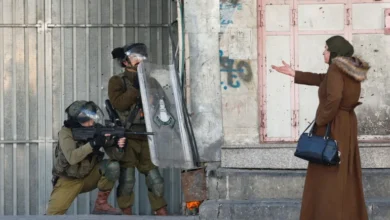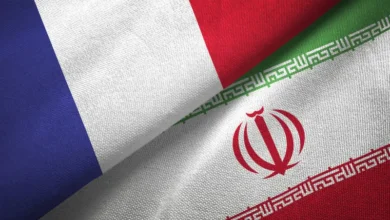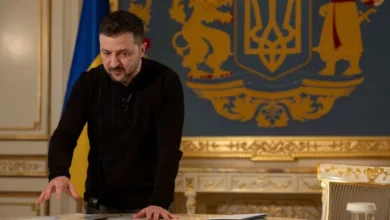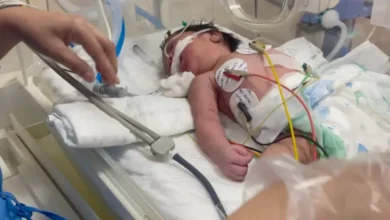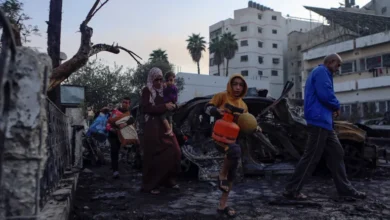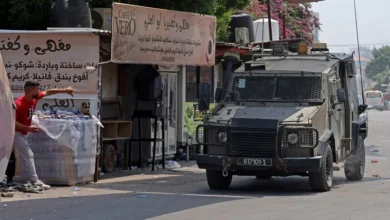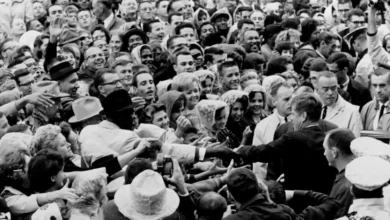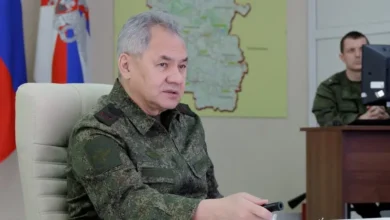As Sudan’s army routs RSF from Khartoum, Sudanese reactions are mixed
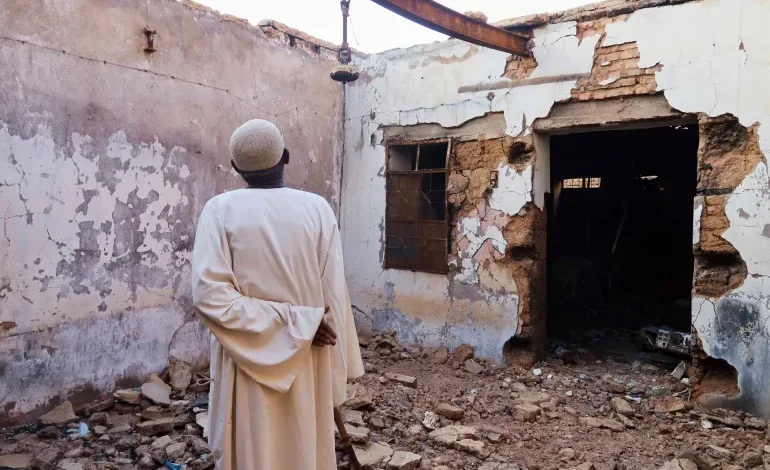
Many Sudanese civilians are welcoming the army as a liberator as it advances across the capital, Khartoum, to topple the paramilitary Rapid Support Forces (RSF).
But activists on the ground say both sides are increasingly resorting to brutal tactics, which are exacerbating the humanitarian crisis.
On February 1, the paramilitary fired artillery in a crowded market in Omdurman, killing at least 56 people.
A week later, the RSF detained two local relief workers as well as the manager of one of the last functioning hospitals in Khartoum, located in a historically marginalised “southern belt”, where ethnic minorities from Sudan’s peripheral regions predominantly live.
Al Jazeera was unable to verify the fate of the three people.
The army, meanwhile, is encountering stiffer resistance from the RSF in central Khartoum and in the sprawling Sharq el-Nile (East Nile) district. It reacted by imposing a partial siege on these city districts last week, activists on the ground told Al Jazeera.
“Right now, the city is besieged…and the only way out of it is heading west to Darfur, but this route is targeted by [army] drones and fighter jets,” said Augreis*, a local activist and humanitarian volunteer residing in east Khartoum.
Bittersweet return
Since April 2023, the RSF and army have been locked in a brutal conflict over control of the country.
The conflict has generated the “largest humanitarian crisis in the world”, with tens of thousands of people believed to be dead from armed violence and about 12.5 million uprooted from their homes.
Across the country, the RSF has confiscated people’s land and houses after expelling Indigenous communities and inhabitants.
In the wake of the army’s advances in Khartoum North and Omduman – two of three cities that make up the national capital region of Khartoum – thousands of RSF fighters abandoned homes they had occupied and fled to Darfur, their traditional stronghold.
Montasser*, a local activist and relief worker, told Al Jazeera many displaced people are gradually returning to their homes in Omdurman, jubilant that the army has kicked the RSF out.
He noted, however, that many remain displaced because their homes – and sometimes entire neighbourhoods – were significantly damaged or destroyed.
“Many people lost their homes and everything inside their homes was looted [by the RSF]. On top of that, there is no water or electricity in their neighbourhoods and they have no internet … the army in some cases still has to clear corpses from the streets,” said Montasser.
Some flee in fear of reprisals
Thousands of civilians have fled Khartoum in recent weeks out of fear that the army and its allied fighters will kill them, say activists on the ground.
The army reportedly targets local relief workers, medics and people who they perceive to be originally from western or southern Sudan, according to rights groups, activists and victims of the attacks.
Hundreds of thousands of people from western or southern tribes were born and raised in Khartoum after their parents fled devastating wars in South Sudan, the Nuba Mountains and Darfur during the 1990s and 2000s.
“The fear on many people’s faces is very obvious. They are very scared and they don’t feel entitled to [Khartoum],” Augreis, the relief worker in east Khartoum, said.

